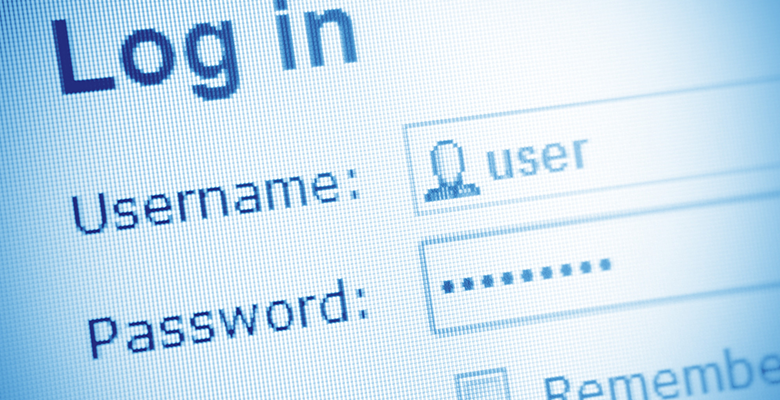With the security breaches in the press of late such as iCloud, Talk-Talk there has been a lot of talk about weak passwords and lazy users.
A password is a word or string of characters used for authentication to prove an identity or grant access to a resources. This could be access to your business network, your email or your bank account. So when your asked for a particular number of characters for a password it’s just security overload right? No one would guess your password.
Wrong!
Below is a list of the most common passwords of 2014 which hackers can crack instantly
- 123456
- password
- qwerty
- baseball
- dragon
- football
However, if you took ‘password’ and changed it to ‘password001’ it would take a hacker a year.
Poor Password Practices
- Not password protecting at all – Even though password protection can be disabled, this is not prudent. Even when you have a limited number of people accessing data, security breaches are too common and your data is too precious to opt out of password-protecting your information on computers and online.
- Using something too obvious, as your password – Of course, choosing passwords like the word, “password,” or “1234,” your business’ address, or your beloved pet’s name, are easy to remember. They are also easy for a cyber-thief or dishonest officemate to guess.
- Failing to choose a secure password – Above and beyond not choosing an obvious password, you should incorporate numbers and symbols to make it substantially more secure.
- Using the same password in more than one place – When you use the same password in multiple places, if someone gets hold of it, they potentially have access to all of the places you use that password.
- Keeping your password list where it can be found by an unauthorized party – When you have multiple passwords, it’s nearly impossible to remember them all, so you’ll need to create and store a list. Find a secure place to keep that list that’s not obvious, or somewhere easily accessible to others. To leave it out in the open is as unadvisable as keeping your house key under the doormat.
- Having everyone use the same password for the same equipment or account – Think of it this way: When everyone uses the same password, everyone knows everybody’s password. Establishing individual users or accounts gives each person the power over their own access and security. It also allows everyone else to keep their own password when an employee leaves the company.
- Using the same password(s) for too long – The longer you have the same password – especially if it’s not a very secure one – the more likely it could be guessed or stolen. When you change your password, you prevent anyone who had your previous one from gaining access because it’s no longer valid.
Best Password Practice
The easiest way to create a secure password is to use a phrase such as ‘ilovemycar’. This would take about a year to crack. It has been proven that the most effective way to generate a strong memorable password is to convert your phrase into something like this ‘IL0V3mYc@r’. This would take a hacker 50 years to crack!
Using a phrase is the easiest way to secure yourself and to remember your password. The stronger you make your passwords the safer you and your data will be.
Test your passwords here to see for yourself : https://howsecureismypassword.net/
